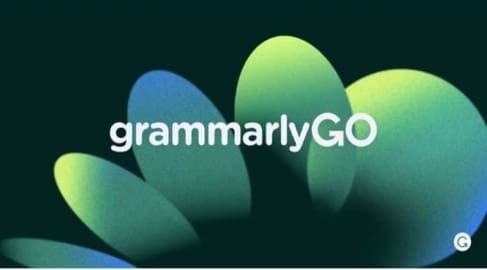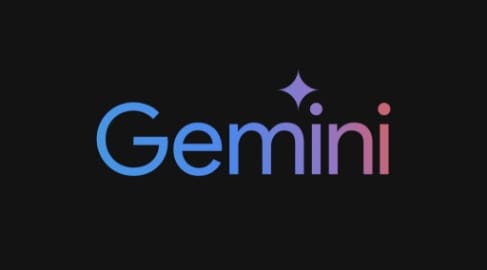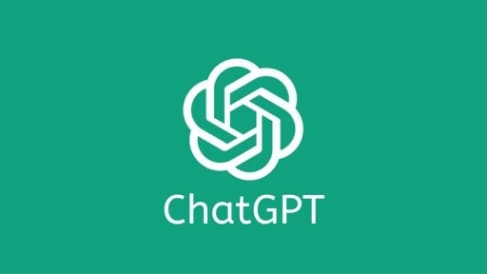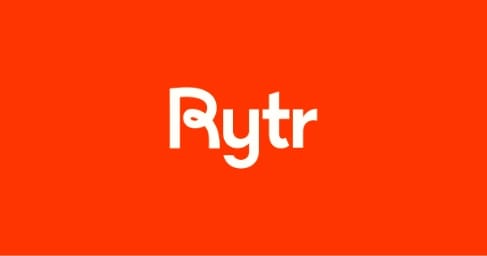Just as there are oodles of noodles to choose from, AI writing tools are numerous and seemingly everywhere. At Rock Paper Simple, we believe enhancing a brand that captivates your audience is about more than making strategic choices and advertising. It needs a personal touch that is critical for building a lasting client bond.
AI can be helpful technology when considering new ideas, but companies don’t want to risk their brand messaging and overall identity by placing it in the hands of technology with limited understanding of language nuance, style, or even humor. This is why human copywriters will continue to excel far beyond the limitations of AI to provide high quality copy that enhances your brand and messaging.


Why Use Copywriters?
Unlike AI, our in-house team understands the intricacies of brand messaging and can engage readers with creativity and emotion that AI simply cannot replicate. Brand messaging is more important than you may realize.
We used our copywriter colanders to create this guide to unveil the multifaceted world of AI tools, evaluating their utility and discerning whether they can genuinely stand shoulder-to-shoulder with human copywriters.
Like ramen, AI tools have so many flavors and ingredients it’s hard to compare them equally. We decided to take the same human prompt and use multiple AI tools to compare the results.
Prompt by Human Copywriter: I need to write a blog about an invention that can hold a million noodles all at once.


2024’s AI Writing Tools

Best in AI for Brand Writing: Grammarly Go
Grammarly is the most robust AI tool among all the tools listed here. It serves as a genuine writing assistant, helping to match tone and brand voice and suggesting alternative words and phrases to keep the content engaging and optimal for your audience and web presence.
Best in AI for Brand Writing: Grammarly Go
Grammarly is the most robust AI tool among all the tools listed here. It serves as a genuine writing assistant, helping to match tone and brand voice and suggesting alternative words and phrases to keep the content engaging and optimal for your audience and web presence.
Features:
Real-time grammar checking, style, and optimization suggestions, as well as plagiarism detection.
Pros:
High accuracy, extensive database, user-friendly interface.
Cons:
It can be overly diagnostic and may not consider the context of word usage, leading to unnecessary “improvements.”

Best for Outline and Optimization: Meclabs AI
Meclabs AI is an advanced tool that offers practical solutions for various marketing needs. It has been developed through over 10,000 experiments and can cater to everything from planning to conversion optimization.
Features:
Content optimization using proprietary algorithms.
Pros:
Highly customized suggestions integration with marketing principles.
Cons:
Limited access requires specific knowledge to be used effectively. It is mostly suitable for informative and strategic outlining and optimization.

Best for Answering Queries: Google Gemini
Gemini, previously known as Bard and developed by Google, is a generative AI chatbot that can answer questions with a conversational tone, similar to OpenAI’s ChatGPT.
Features:
Gemini integrates seamlessly with other Google services and tools. It can support multiple languages and is accessible to a global user base.
Pros:
Gemini handles a wide range of queries precisely because it integrates with Google’s extensive data.
Cons:
Gemini’s ability to generate creative writing is limited compared to its ability to answer questions factually.

Needs Improvement in Understanding Brand Guidelines: ChatGPT
ChatGPT has yet to match the human touch in understanding intricate brand guidelines or delivering emotionally resonant content despite its versatility. It could be better at grasping subtler aspects of humor or cultural references that might resonate more deeply with a local audience.
Features:
Creates content that understands context and is easy for anyone to use.
Pros:
Produces human-like text and is adaptable. Additionally, it creates profiles for whatever you need it to do, so if you need a math tutor, it can make an AI specifically for that function.
Cons:
Achieving the best results in your writing will require significant guidance and can take a couple of hours to produce the desired outcome.

Need for Improvement in User Experience: Rytr
Rytr is a basic AI writing assistant for users needing straightforward, templated content. However, more robust tools like Grammarly or Gemini are required.
Features:
Automated writing tools and template-driven outputs.
Pros:
Cost-effective, easy-to-use interface.
Cons:
Manual editing may be required due to limited creativity. The no-cost version has a credit limit, which is severely limiting.

Your Brand Deserves the Human Touch
It’s important to remember the delicate balance between innovation and tradition. While AI can be incredibly helpful in boosting productivity, it cannot replace humans’ creative and imaginative drive.
The human touch creates emotional connections and narratives, which are the foundation of genuine relationships that brands work hard to build with their clients. Brands are humanized through this process, and while Artificial Intelligence can be a helpful tool, our copywriters rely on their creativity and expertise to capture your brand voice.
While AI can be a useful tool to outline ideas, the technology lacks the creativity and nuances that human copywriters bring to their work. Your brand deserves a copywriter who understands the purpose, vision, and personality behind your company and how to bring it to life with words that engage and excite your audience. If you’re depending on AI to write your copy, you may not even know what you’re missing out on. We invite you to come to our office, meet our amazing copywriters, and let them show you how words can be powerful tools to connect with your audience while protecting your brand identity.

